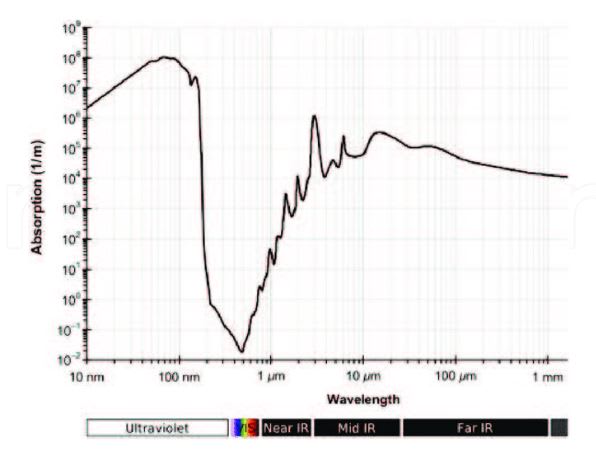As a boy I swam in Okanagan lake.
The sunlight heats the water up to a depth of about 4 or 5 feet.
Convection works to keep a fairly sharp division between the heated water and the cooler water beneath.
Wind and waves worked to mix the upper warm water with the lower, cooler water.
Water temperatures on the beaches often reached 80 F.
During hot, still weather the local radio station regularly broadcast the beach water temperature.
When there were days of clear skies and no wind, the water would heat up.
It didn't take much wind to create enough wave action to mix the water and drop the temperature of the upper layer.
Warmer than usual ocean water?
Usually correlates with days of clear skies and little to no wind or waves.
By the way, I still remember the feeling of diving into 80 degree water and at a depth of 4 or 5 feet, feeling my body pass into the much cooler water below.
It was a unique feeling as the sharp division between warm and much cooler water passed over your body as you dove down into the cooler water.
Today:
Seatemperature.info said:
Water temperature in Okanagan Lake is expected to rise to 25°C in the next 10 days. July average water temperature in Okanagan Lake is 24°C, the minimum temperature is 20°C, and the maximum is 30°C.
By the way, while many beaches are fairly shallow shelves. the lake is a very deep lake.
--------------------
Ohm's law
Not just a good idea;
It's the LAW!

![[ponder] [ponder] [ponder]](/data/assets/smilies/ponder.gif)